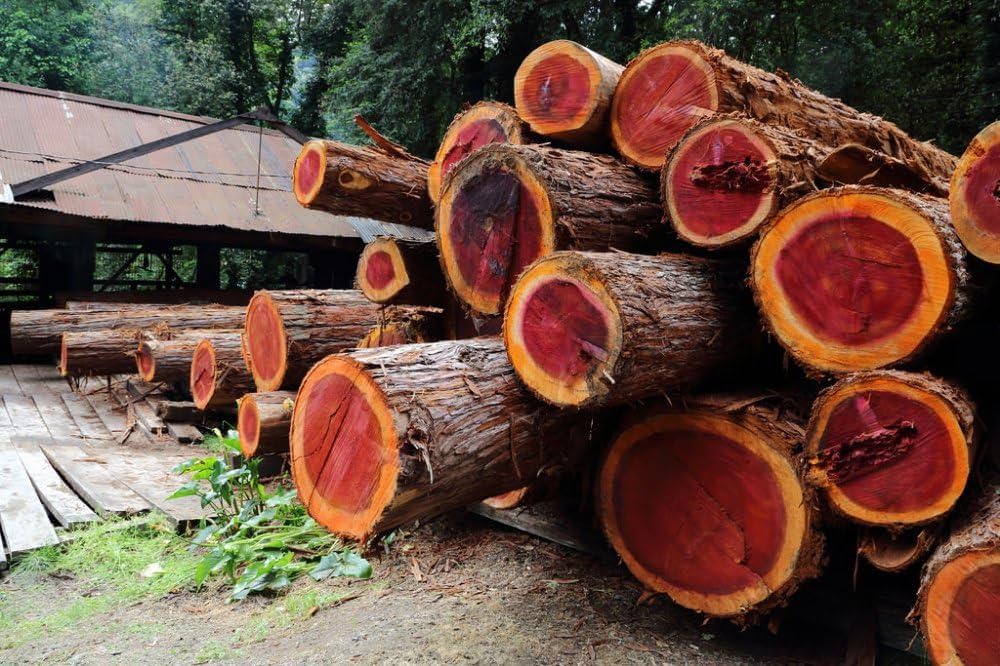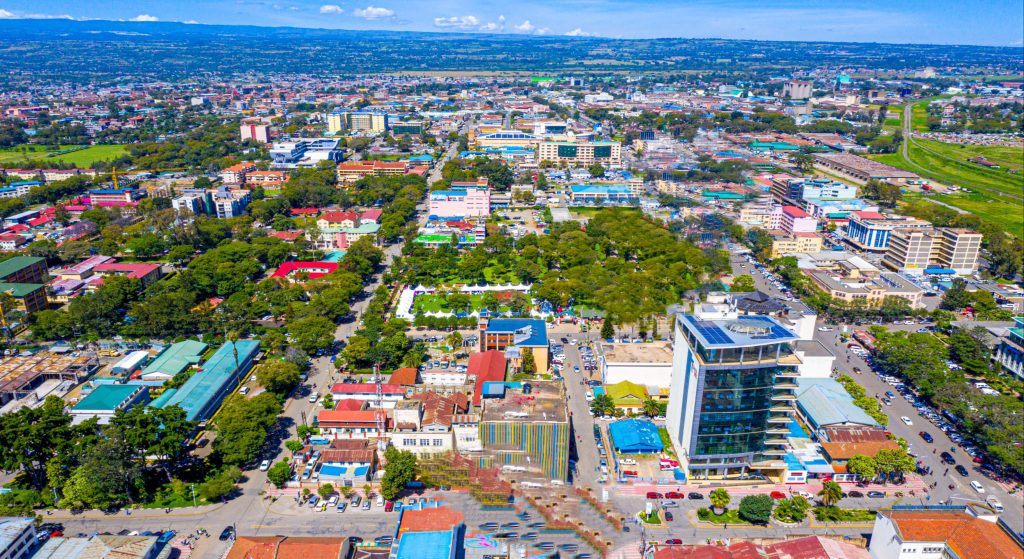- When we talk about endangered species, our minds rarely turn to trees.
- We think of elephants, lions, or rhinos, with campaigns dedicated to saving them, but we forget that some trees are quietly disappearing too, often without anyone noticing.
The recent arrest of two suspects in Nyahururu, Kenya with sandalwood worth five million shillings may appear to be simply another police success story, but it indicates something far more serious: the illegal trade in sandalwood continues to put at risk one of Kenya's most vulnerable trees.
Each time such a case occurs, it demonstrates how human activity is progressively driving this valuable species towards extinction. Yet when we talk about endangered species, our minds rarely turn to trees.
We think of elephants, lions, or rhinos, with campaigns dedicated to saving them, but we forget that some trees are quietly disappearing too, often without anyone noticing.
Sandalwood, is one of those silent victims. Its oil is treasured for making perfumes, incense, and medicine, making it a favorite target for illegal traders. The high demand has led to massive overharvesting, and because the tree takes many years to mature, it cannot easily recover thus a long-term damage to the environment.
The destruction of sandalwood not only results in the loss of an important resource, but also poses a hazard to the ecosystem. Trees like sandalwood help to keep soil fertile, prevent erosion, and support biodiversity.
When they are destroyed, animals lose their natural habitats, and societies reliant on forest ecosystems suffer. Moreover, forests act as natural carbon sinks that aid in absorbing carbon dioxide from the atmosphere, making tree conservation a vital part of fighting climate change. Losing them means losing balance in nature.
Protecting endangered trees like the sandalwood means more than just enforcing laws; it also requires public awareness and sustainable alternatives.
People need to understand that every tree illegally cut down represents years of nature’s slow work being destroyed in minutes.
To help address this issue and help conserve not only endangered trees but also forests in general, communities can take part in reforestation projects, report illegal logging, and support the sustainable use of forest products.
The government’s crackdown on the illegal sandalwood trade is a step in the right direction, but the true triumph will come when people view conservation as a shared responsibility rather than a duty.
By protecting sandalwood and other endangered species, we not only preserve natural beauty but also safeguard livelihoods, health, and the planet’s balance for future generations. Because forests, too, need saving as without trees, life as we know it simply cannot exist.
Follow us on WhatsApp for real-time updates, community voices, and stories that matter.







